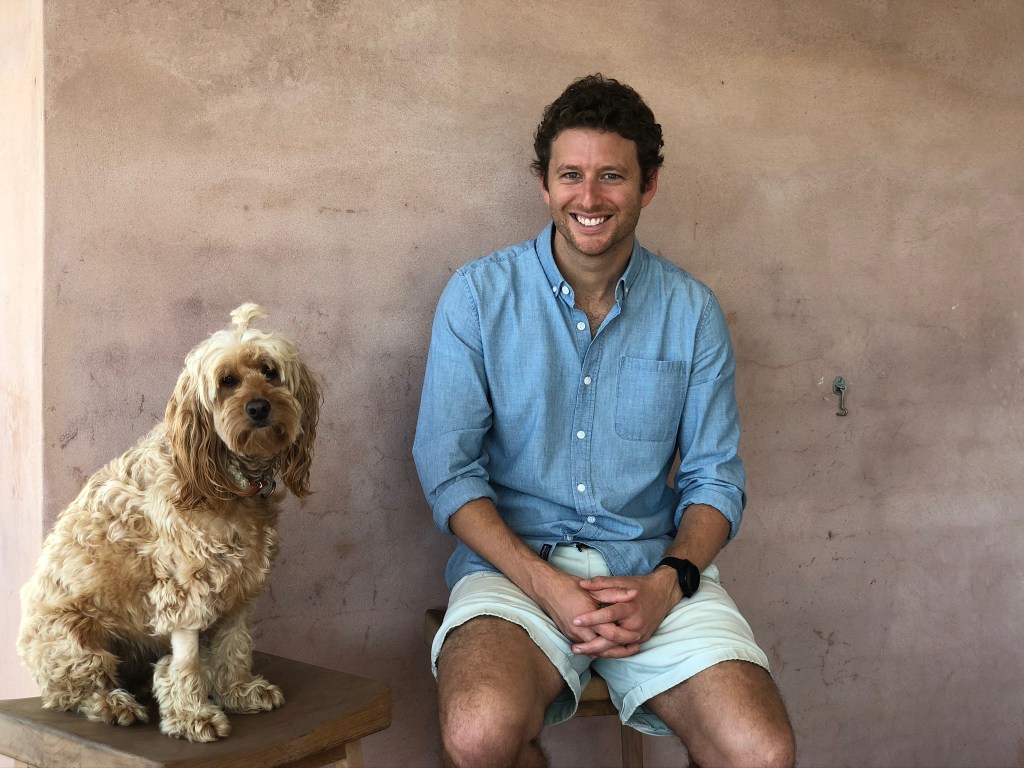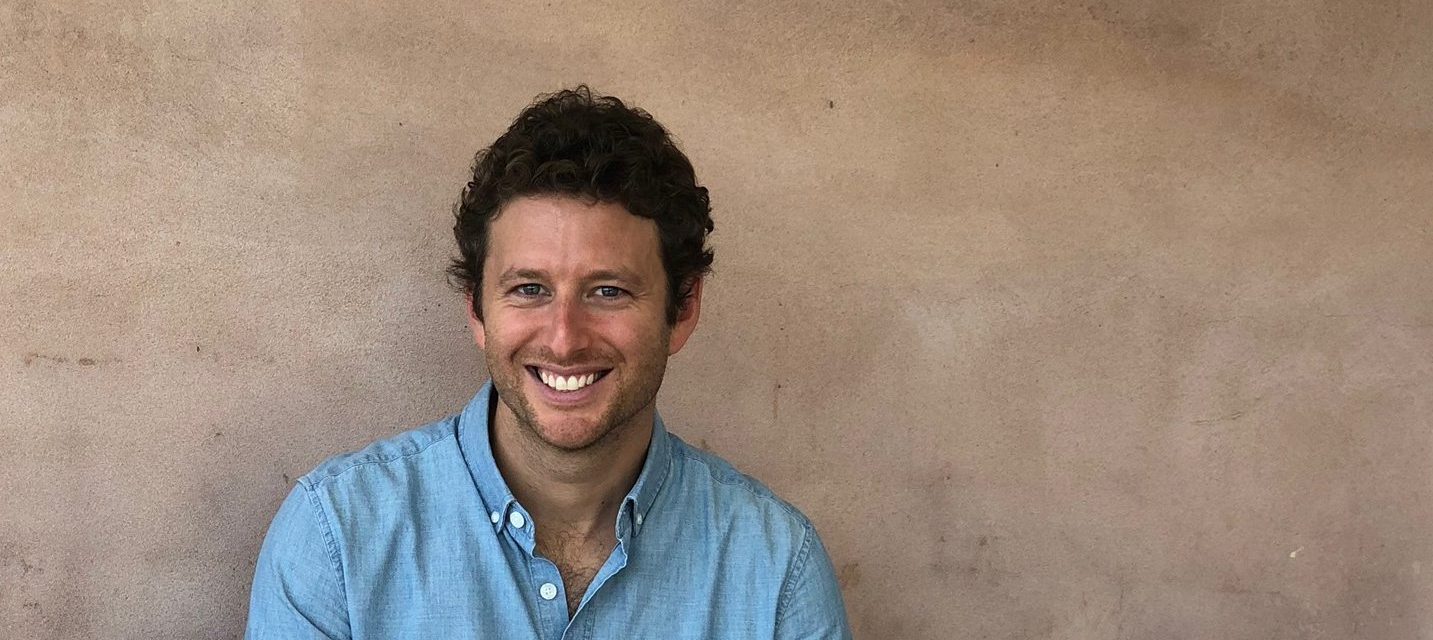When Adam Jacobs founded Australia’s largest online retailer, he learned that success comes down to people. Now, he’s out to help other businesses learn that lesson.
Adam Jacobs was rounding out his 20s when he co-founded one of Australia’s biggest online success stories: The Iconic.
He was living in Denmark at the time, working as a consultant for Boston Consulting Group (BCG) when he and his co-founders were introduced to German venture capitalists, Rocket Internet. The VC firm offered them an opportunity: take some seed funding, quit your jobs and start an e-commerce business in Australia.
“I think startups have this romanticised view that they always begin in a garage by someone who has been toiling for a decade on a passion problem,” he muses. “But The Iconic was much more about luck and timing.”
At the time, Europe was around five years ahead of Australia when it came to e-commerce, Jacobs says. Down under, we were focused on bargain basement shopping, and the only successful e-commerce players were the likes of eBay, Deals Direct or Gray’s Online. Europe already had ASOS (a market cap of $1.1 billion today) and Zalando (a market cap of $10.3 billion today).
“I don’t know what Australian retailers were doing back then,” he says. “The proposition was, buy online because it’s half-price and last season’s stock. There’s terrible service, you can’t call anyone if there’s a problem and it’s going to take two weeks to get anything delivered to you, but hey it’s half-price.”

The Iconic’s proposition would be different: become a service-led online retailer that delivers a better experience, faster delivery and optimised mobile shopping. Jacobs returned to Australia much earlier than he expected and the company launched in 2011. Today, it stocks over 1500 brands and is Australia’s largest online fashion retailer.
Who’s on the bus
Nowadays, Jacobs, who is no longer involved operationally in The Iconic, has turned his attention to another problem that he believes needs to be solved: hiring.
“It’s a widely-known secret that second-time founders often focus on people and hiring problems, because what you learn when you build a business – and I saw The Iconic go from 0 to 1000 people – is that the majority of the success of a business comes down to who’s on the bus,” he says.
“And hiring is not easy.”
Jacobs says he learnt two vital lessons from The Iconic: a person’s CV is not the be all and end all, and young talent can be extremely impactful in a high growth technology company. So he combined his lessons and co-founded jobs marketplace Hatch with Chaz Heitner (who co-founded buy now pay later company, Zip Co).

Hatch began trialling its platform in 2017, but officially launched just before Covid hit in 2020, with a mission to help all people find meaning in work by revolutionising the old-school jobs board into a match-making service.
“We think jobs boards are pretty shit,” he says. “No one seems to like using them very much – they’re very transactional and they tend to value people through their resume.” Instead, Hatch users upload a video about themselves and complete a task demonstrating some of their skills, values and interests. The platform will then send that candidate matches based on jobs and teams that may be a good fit for them.

The upside for businesses is that they can find the right candidate faster, without going through the motions of multiple interviews. Today, there are over 70,000 young people using Hatch and companies including Amazon, Spotify, TikTok and Canva are using the platform to hire them.
“It’s not like I’m the only one who stumbled on the insight that you’ve got to look deeper into someone’s strengths and values to figure out if they’re the right hire,” he says. “So, companies look at Hatch and say, thank goodness someone’s built a jobs marketplace that helps me find candidates based on traits I actually care about.”
Hatch is mostly targeted at people in the early stages of their career, or those within the first five years of work. But while most users are young, Jacobs says there are some older users, too – it’s about stage, not age, he says, and about finding meaning and purpose.
“I think about purpose as a pursuit, as an opposed to an end goal,” Jacobs, who has a background in philosophical studies, says.
“Our conception of our self tends to change over time as we learn more about who we are. So, all purpose really means is that at any point in time, you’re pursuing something that’s interesting and meaningful to you – until such point that it becomes interest no more. Then it leads to the next thing.”
While Hatch is certainly unique in its approach in Australia, some of its features already exist in overseas job platforms. For example, US-based Monster.com has a Job Fit Scoring feature that shows candidates the jobs that are most relevant to their interests and skills. Even LinkedIn shows users jobs that match their skillset or preferences. Germany’s Xing platform lets users undertake a culture assessment, and see if their score matches a company they’ve applied at.
What is evident is the global talent management software market is large – and growing. Studies show it reached a value of US$10.4 billion in 2021, and is expected to reach US$25.8 billion by 2027, with a compound annual growth rate (CAGR) of 16.35%.
A structural shift
Looking at the jobs market more broadly, Jacobs believes we’re seeing a structural shift play out.
“We’re coming out of the industrial era of work, where careers were quite linear … into the information era, where careers don’t look like that anymore,” he says. “You build new skills all the way through your career, and you have the opportunity to shift into new career paths endlessly.”
Science shows that’s true, too. According to economist Fritz Machlup, the half-life of an engineering degree (in other words, the time it takes for the value of the degree to halve) earned in 1930 was useful for around 35 years. The half-life of that same degree earned in 1960 was relevant for about 10 years. World Economic Forum research says that today, the half-life of a skill is about four years. More technical skills have a half-life of just two-and-a-half years.
“Skills are rejuvenating and changing all the time,” he says. “That creates opportunity – and it means people can change career paths very quickly, because you don’t need to be doing something for 10 years to be an expert at it.”
Adam Jacobs will be speaking at Forbes Australia’s inaugural Business Summit on November 18, 2022. The business summit features Australia’s top founders and the visionaries behind some of our most successful brands.
